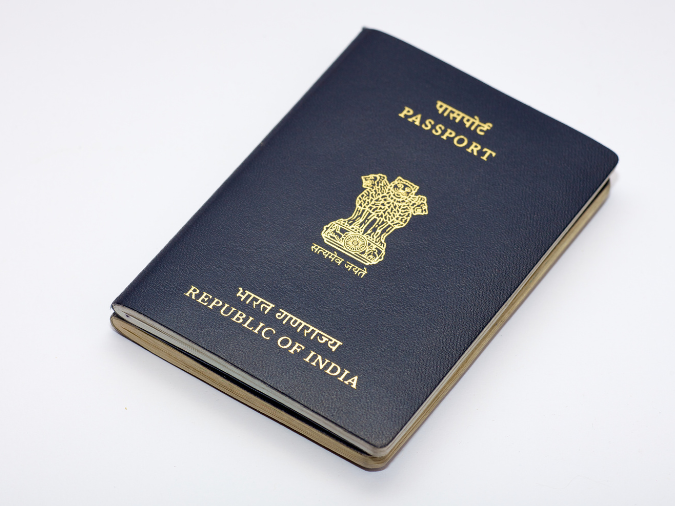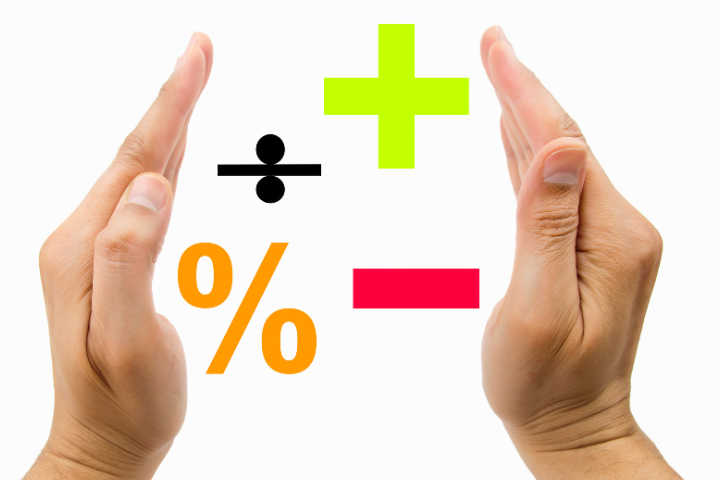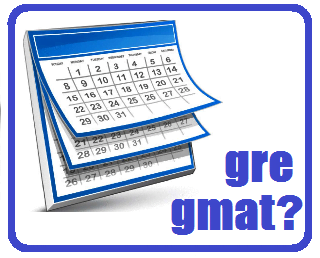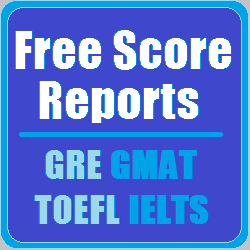
Pursuing a Master’s degree in the United States is a dream for many international students. However, before embarking on this educational journey, there are several academic and English language requirements you must meet. Here is a comprehensive guide to help you prepare for your MS in the USA:
1. Academic Requirements:
- For Technical Fields (e.g., Engineering, Pharmacy, Architecture): Most American universities require applicants to have completed a four-year Bachelor’s degree, which amounts to 16 years of education.
- For Non-Technical Fields (e.g., Arts, Management): If you’re aiming for such fields, you will generally need 17 years of education (12+3+2), which often includes a Master’s degree after completing a traditional bachelor’s degree.
2. GRE Score:
The GRE (Graduate Record Examination) is a standardized aptitude test used by American universities to assess a student’s verbal reasoning, quantitative reasoning, analytical writing, and critical thinking skills.
- As of September 2023, the test duration has been reduced to 2 hours. A strong GRE score is essential for admission.
- While some universities have waived the GRE requirement due to the pandemic, many reputable institutions still consider it important. Thus, having a competitive GRE score can still greatly benefit your chances of acceptance.
- A score of 320+ is competitive for top 40 universities, with a minimum of 300 usually required for most institutions.
3. TOEFL or IELTS Score:\
Since English may not be your native language, demonstrating proficiency is crucial. Universities often require one of the following English language tests:
- TOEFL (Test of English as a Foreign Language): Most American universities require a score of 80 or higher out of 120.
- IELTS (International English Language Testing System): This test is scored on a scale of 9, with many universities requiring a band score of at least 6.5.
4. Good Academic Performance:
Your undergraduate academic record plays a significant role in your application’s success. Maintaining a strong GPA is essential.
- Ideally, aim for a GPA of 9.0 or higher for admission to top-tier American universities.
- A GPA of over 7.0 is often sufficient for admission to good universities.
- Avoid backlogs and year-downs
5. Curricular and Co-Curricular Accomplishments:
American universities value not only your academic achievements but also your practical experiences and involvement in extracurricular activities:
- Engage in projects and seminars relevant to your field.
- Consider publishing papers in nationally and internationally recognized journals.
- Participate in conferences and gain practical experience through internships, whether paid or unpaid.
6. Relevant Work Experience:
Having relevant work experience can increase your chances of admission to prestigious universities and improve your job prospects after completing your MS.
7. Documentation:
Applicants for the GRE examination must provide a valid passport as the only authentic ID proof.
Embarking on an MS journey in the USA is an exciting opportunity, and meeting these prerequisites will set you on the path to success.
At Dilip Oak’s Academy, we understand the significance of this journey. Thus, we offer comprehensive GRE coaching in Pune, both online and classroom, to support you in this crucial aspect of your academic journey. Further, our admission counseling services can guide you through the entire process from Shortlisting Universities to Visa Counseling. With our expertise, we have successfully sent 32,000 students to various prestigious American universities like MIT, Stanford, Cornell, and Carnegie Mellon. To enroll in our comprehensive services, book a free consultation or call us at 91-020-67444222.
We offer GRE, TOEFL, and IELTS coaching, GRE Self Prep and guide students with university selection, application essays, and visa counseling under our Admission Counseling Services for USA, Germany and Canada.












